Assessment
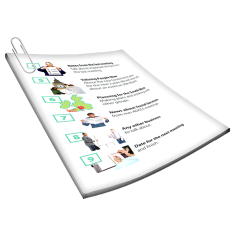
This information is about mental health assessments.
It has information about

- Assessment
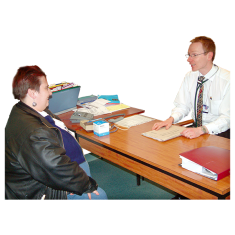
- Going to see a mental health worker for an assessment

- If you have an assessment in the emergency department

- Where to get more information
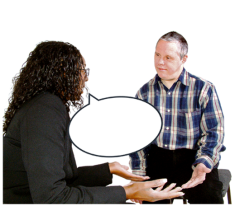
One of the first steps in getting support for your mental health is an assessment.

Mental health is about
- How you think
- How you feel

An assessment is when a mental health or disability worker asks you questions about you and your health.
They use this information to work out the best way to help you.

Mental health workers are people who work to help you with your mental health.
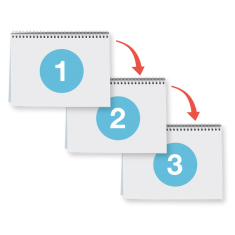
An assessment might take 1 or more visits with your mental health worker.
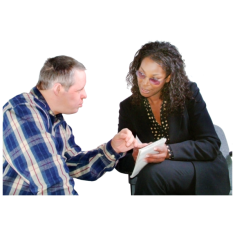
The mental health worker will tell you when and where the assessment will happen.
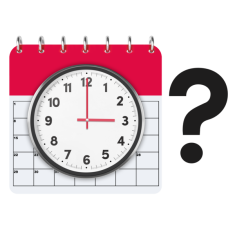
If the time of the assessment does not suit you then you could ask to do the assessment at another time.
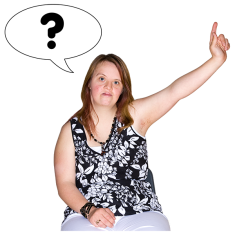
If the place of the assessment does not suit you then you can ask to do the assessment somewhere you want.
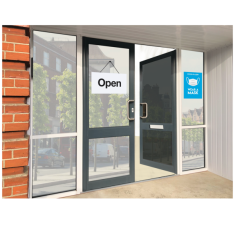
Sometimes you will not be able to choose where the assessment takes place.
Who can come with you
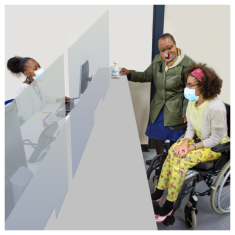
You can take someone you trust to the appointment.
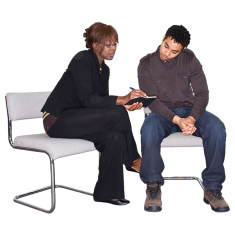
There are many people you might trust.
For more information about who you might trust go to https://www.idmhconnect.health/ someone-trust

But it is OK to go on your own if you prefer.
What you should bring

When you make an appointment the person you communicate with should tell you what you need to bring.
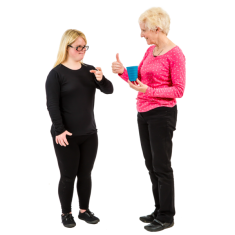
To communicate is how you understand and share your feelings or information.

You might need to bring a letter that your GP has asked you to give to the mental health worker.
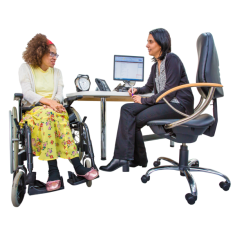
A GP is the doctor that you see when you
- Are sick
- Need a health check
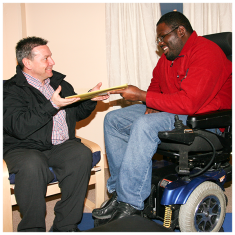
You might need to bring reports that doctors have written about your health in the past.

You might need to bring
- Results of any tests or assessments
- A list of your medications
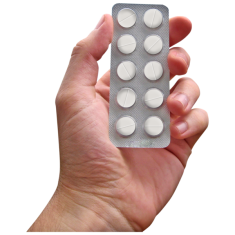
Medicine is sometimes called medication or drugs.
Medicine can be in
- A tablet
- A pill
- A drink
- An injection
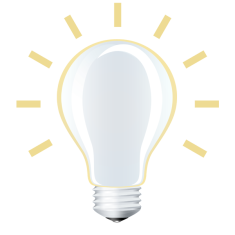
Tip
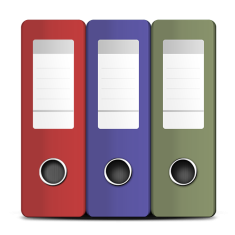
It can be hard to keep track of all your health information.
You can make a folder that you can take when you see health workers.

Your folder might include
- A list of any health issues you have
- A list of your medications

- The mental health workers you see
- Any NDIS or other disability supports you have
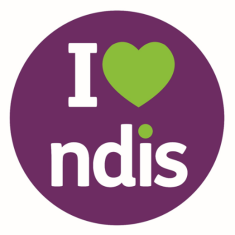
NDIS is short for National Disability Insurance Scheme.

Your folder might also include
- What you like

- What you do not like

- What helps you

- What worries you
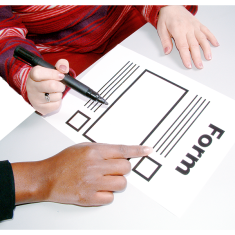
There are also sheets you can fill out with this information.
Information sheets can be useful to take if you ever need to go to hospital.

Below are some examples of information sheets you can fill out and use.

- 3DNs mental health passport https://idmhconnect.health/my-mental-health-passport
- The Council of Intellectual Disability My Health Matters folder https://cid.org.au/resource/my-health-matters-folder/
- A2D Together Folder http://a2d.healthcare/
Confidentiality

The mental health worker will also discuss confidentiality.
Confidentiality means that information about you must not be shared with others unless you say that it is OK to share.
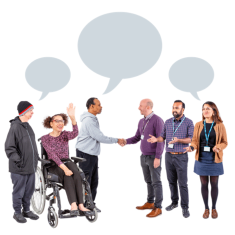
Anything you communicate with health workers will be kept confidential unless there is a good reason to share information.

Good reasons to share information are
- You say it is OK

- You or other people are in danger
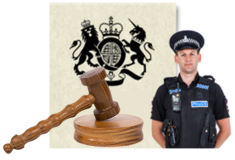
- The law says they must share information
Laws are a set of rules that everyone must follow.

Questions the mental health worker might ask you

Mental health workers will ask you questions to get to know
- You
- What is happening for you now

They will use this information to work out the best way to help you feel better.
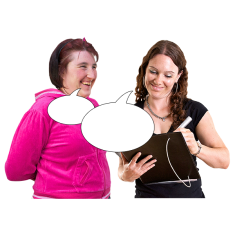
Mental health workers might ask you some questions about
- How you feel
- What problems you are having now
- If you have had any problems in the past

- If you got support for your mental health before
- What worked for you
- What did not work

- If you take any medicine
If you see a psychiatrist they will ask you questions about any medications you have taken for your mental health.
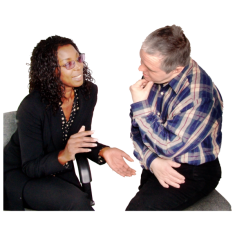
A psychiatrist is a doctor who helps you with your mental health using talking and medication.
A psychiatrist might ask

- If the medication helped
- How you felt when you took it
- If you had any side effects

A side effect is an unpleasant effect of medicine on your body or thinking.
A side effect can make you feel unwell.
Some medicines can give you side effects.

Your mental health worker might also ask you about your life at the moment.
For example
- If you see friends
- If you like where you live
- What activities you like to do
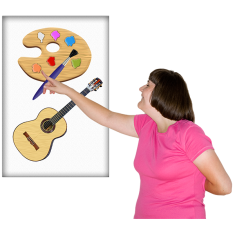
Your mental health worker might also ask you about
- Things you like
- Things you do not like
- What you are good at
- What your recovery goals are

Recovery means getting better so you can do the things you want to do.
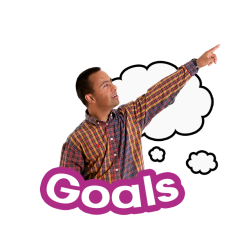
A goal is something you want and take steps to reach.
Your recovery goals are what you would like to be able to do when you feel better

You can prepare for your appointment by thinking about what your answers might be.

You or someone else can note down
- What you would like to say
- Any questions you might have

Tip

Sometimes when people ask how we are feeling we just
- Say we are fine
or
- Always answer yes

For example if someone asks you if you are sleeping OK you might say yes even if you are having trouble sleeping.

When you communicate with any health worker it is important to let them know how you really feel.

For example
- If you feel unwell
- If things are not going well for you

Then the health worker can help you.
You will not get in trouble for what you say.

After you start seeing a new psychologist or psychiatrist it can be good to make an appointment with your GP.

A psychologist helps you with your mental health by talking with you.
Psychologists help you find things you can do to feel better.

You can discuss with your GP how you psychologist or psychiatrist is going for you.

You will communicate with a doctor at the hospital if you must go to the emergency department for your mental health.
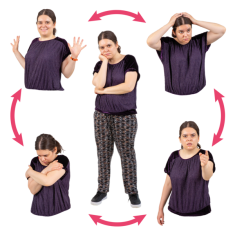
The doctor will ask you how you are feeling.
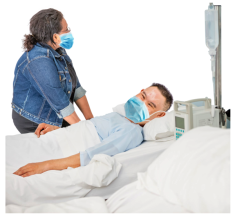
The doctors might run some tests.

Below is a list of information sheets to support your mental health assessment.
You can use these sheets to list information about your mental health.

- 3DNs mental health passport https://idmhconnect.health/my-mental-health-passport
- The Council of Intellectual Disability My Health Matters folder https://cid.org.au/resource/my-health-matters-folder/
- A2D Together Folder http://a2d.healthcare/
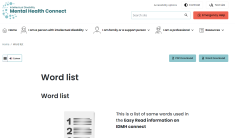
There are some tricky words on this Easy Read page.
For more information about these words go to